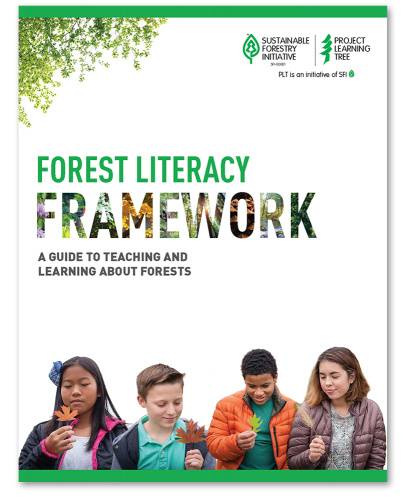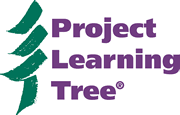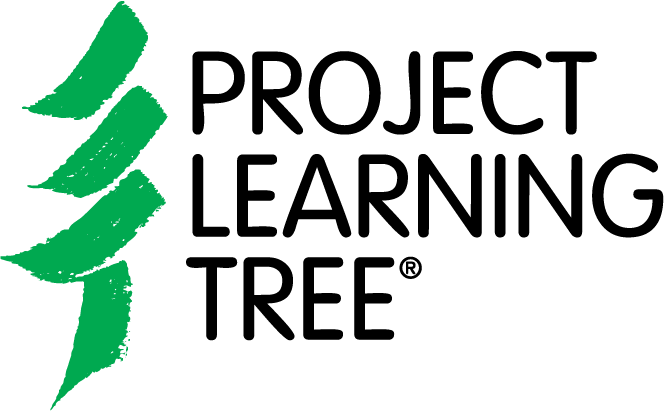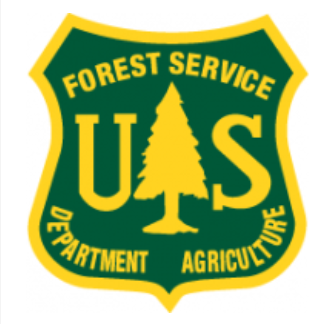 A Guide to Teaching and Learning About Forests
A Guide to Teaching and Learning About Forests
PLT’s Forest Literacy Framework translates the complex language of forests, trees, forest practices, and sustainable forest management into concepts that everyone should know by the time they graduate from high school. The framework offers 100 forest concepts for Grades K-12, organized into four themes: What is a forest?, Why do forests matter?, How do we sustain our forests?, and What is our responsibility to forests?
DOWNLOAD
Develop Forest-Related Programming for Teachers, Forest Professionals, Landowners, Public Agencies, and Nonprofit Partners
The Forest Literacy Framework is designed to increase people’s understanding of forests and empower them to take actions that benefit forests and people. The framework translates the complex language of forests, trees, forest practices, and sustainable forest management into concepts that everyone should know by the time they graduate from high school.
Forests and our shared future
Now more than ever, people are waking up to the fact that sustainably managed forests offer solutions to some of the world’s biggest challenges. Forests mitigate climate change by capturing carbon from the atmosphere and wood products from forests store carbon. Forests help conserve species at risk by providing habitat. Forests also purify air and water and reduce the threat of droughts and floods.
Forests are renewable. They are reliable, regenerative, and restorative. Forests sustain communities and economies by supporting diverse career opportunities and driving economic activity. Providing recreational spaces and sustaining traditional resource uses and places for spiritual renewal are yet other areas where forests play an outsized role.
A framework that uses education to build support for forests
The Forest Literacy Framework represents a vision of forest literacy that was developed by educators, forest sector professionals, conservationists, and academics in the United States and Canada. It embodies a shared aspiration for what everyone should know about our forests and it would not have been possible without the support of dedicated partners like the U.S. Forest Service
The Forest Literacy Framework offers 100 forest concepts for Grades K-12, organized into four themes:
- What is a forest?
- Why do forests matter?
- How do we sustain our forests?
- What is our responsibility to forests?
Each theme includes topics and concepts that address its central question. The themes and concepts build on each other, enabling individuals to progress from a basic awareness to a deeper understanding of forests.
The Forest Literacy Framework also offers suggestions to explore the following “Hot Topics,” which all relate to current events reliant on environmental concepts, all organized by grade level:
- Public health
- Climate change
- Urban forests
- Green jobs
- Wildfire
An interdisciplinary approach focused on results
The Forest Literacy Framework provides a conceptual outline for those who educate young people in formal or nonformal settings, create education policy or curricula, or advocate for forests.
- For classroom teachers, the Forest Literacy Framework offers forest connections to existing curriculum, no matter the subject area, including a strong connection to science. There is also a high level of opportunity for environmental studies, language arts, mathematics, social studies, technology, and more.
- For forest landowners and managers, the Forest Literacy Framework provides a way support outreach in conservation education initiatives that they undertake, such as forest field days, hosting visitors to their land.
For public agencies, the Forest Literacy Framework identifies the most important concepts that we want the public to understand about forests and their sustainable management. - For students, the Forest Literacy Framework brings relevance to their learning and multiple options for career pathways.
Critical thinking, complex systems, and cross-curricular connections are central to teaching and learning about forests and trees. Forest literacy is a truly interdisciplinary endeavor, with connections from social studies and mathematics to health and business, and many subjects in between.
|
“No matter where you live, forests are a vital part of our environment, economy and recreational resources. In addition to teaching reading, writing and math, it is critically important that we also teach students how to be contributing citizens and conscientious stewards of our forestlands. Schools and communities have a responsibility to teach the next generation about the crucial role forests play in our lives. Sharing this knowledge with students will enable them to be educated users and future decision-makers for our country’s greatest renewable resource: forests.” RANDY SCHILDSuperintendent Tillamook School District, Tillamook, Oregon |
Project Learning Tree® (PLT) is an award-winning environmental education program designed for teachers and other educators, parents, and community leaders working with youth from preschool through grade 12. For over 40 years, PLT has provided educators with high- quality professional development, hands-on activities, and a state and local network to help teach youth about trees, forests, and the environment. PLT is an initiative of the Sustainable Forestry Initiative (SFI).
DOWNLOAD
ADIVISORY PANEL
The panel represents a diverse mix of public and private interests, plus federal, state, and provincial, and we thank them for contributing their expertise.
|
Jim Bowyer
Drew Burnett
Sam Cook
Susan Cox
Tom Davidson
Norie Dimeo-Ediger
Heather Druffel
Sharon Jean-Philippe |
Melisa Loewe
Jonathan Lowery
Ian Manson
Ashley Smith
Dominic St-Pierre
Jacey Tosh
Funding for this project was provided
|



